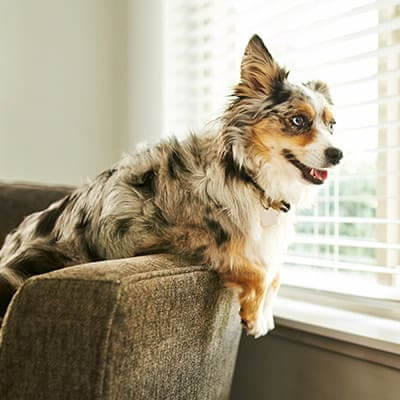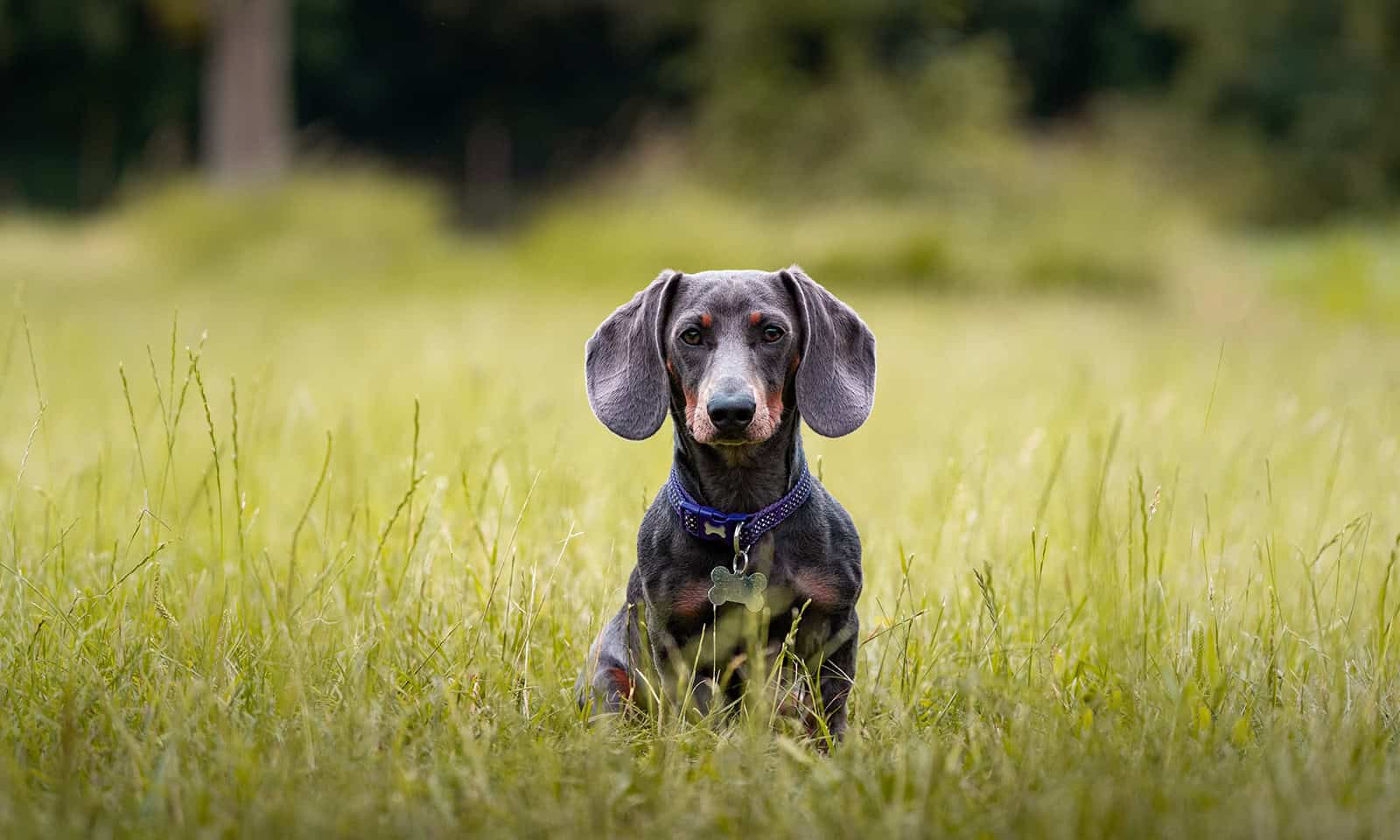Rocklin, Roseville, & Lincoln, CA Best Quality Veterinary Surgery

The veterinarians at Rocklin Ranch Veterinary Hospital & Urgent Care and Rocklin Ranch Veterinary Hospital at Pacific Street maintain the highest standards of care for all surgical procedures. Whether we are performing the procedure with the laser or using the scalpel, we use a tailored combination of both inhalation (gas) and injectable anesthetics to provide the safest and most effective anesthesia and pain control. Using the most current technology, your pet’s vital signs are monitored by our specially trained and licensed veterinary technicians who stay with your pet through the recovery phase.
Surgical Procedures
We know that there are times when your pet may need a surgical solution to a health problem. Our veterinarians perform many procedures, including:
- Spay and neuter
- Laceration and wound repair
- Soft tissue procedures
- Orthopedic procedures
- Dental procedures
Spay or Neuter Your Pet
We want to remind you that spaying and neutering pets is a good way of keeping the unwanted pet population percentage low. Because too many animals don’t have forever homes, too many unwanted pets face being humanely euthanized.
Rocklin Ranch Veterinary Hospital will recommend the most appropriate timing for your pet’s surgery.
- Spaying—Females may be spayed before the first heat cycle, which means at about 6 months of age. Pregnancy can be very dangerous if your pet is too young, and spaying her at the earliest opportunity ensures against this.
- Neutering—Male dogs and cats may be neutered at 6 months to 1 year of age.
Spaying or neutering your pet has other health benefits as well. Males who are neutered may avoid prostate problems later on. Spayed females are much less likely to develop mammary disorders, and pyometra, an infection of the uterus, will not be able to occur.

Outstanding Pet Surgical Care
Your pet will have an IV catheter placed so that fluids can be given during the procedure, and an injection will be administered before the general anesthetic to calm any anxiety your pet might feel. Throughout any procedure, your pet is kept warm and is monitored continually for blood pressure, heart rate, oxygen level, and body temperature.
Because unnecessary risks must be avoided, we take precautions to minimize any foreseeable complications. If we have concerns with the results of diagnostic tests, or your pet’s health indicates it, we may need to treat your pet with medication or run more conclusive blood profiles prior to any procedure when anesthesia is used. Your pet’s surgery will be rescheduled for another day. Routine surgeries may also be postponed if we have an emergency case.

